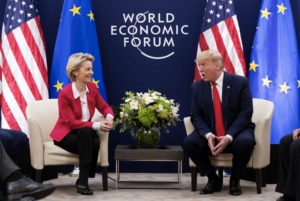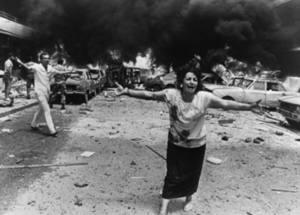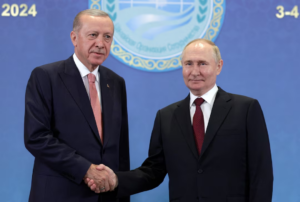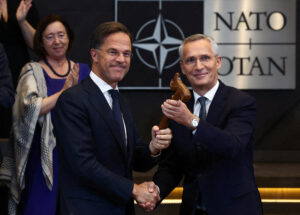Lebanon between Sectarianism, Economic Crisis, and Migration: The Potential Recipe for Civil War
Imagine if sectarianism did not control Lebanese politics. What if a technocratic political system could rise to lead this nation, a mosaic of rich religious and social identities? A political system capable of neutralizing individual religious statuses by empowering nationality and the principle of citizenship, allowing them in turn to embrace and manage internal differences. By realizing this dream, Lebanon could become a unique model in the region — a state enhanced by cultural and social productivity, alongside its blooming natural resources and strategic location.
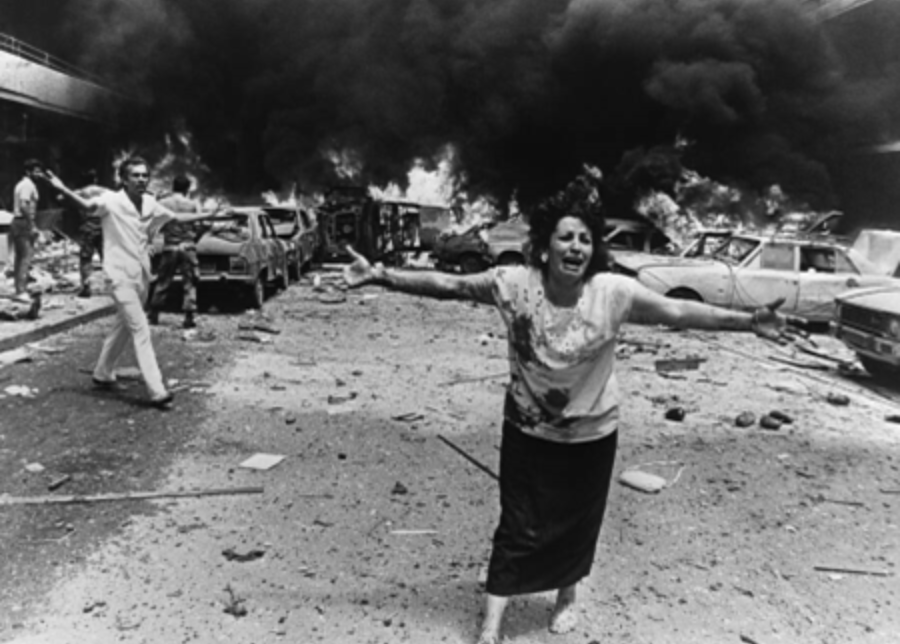
A woman cries in shock after a car bomb explodes in West Beirut during the Lebanese Civil War. August 1986. Photo: Khalil Dehaini/ Getty Images
Since its founding, Lebanon has not enjoyed a regional political atmosphere that enables or prepares its people to forge a sovereign national identity or implement systematic, independent political reform. At the heart of the problem lies Lebanon’s inheritance of the French colonial legacy, known as the “National Pact,” which forms the basis of its constitution. Added to this is the forced reality of sharing borders with Israel. Finally, Lebanon’s position as an economic, military, and political influence hub for international actors with vested interests in the region.
The Lebanese National Pact, established in 1943, was designed to allocate political power based on the 1932 French census. The census revealed that Christians made up a majority, with Maronites being the largest group, while Muslims represented a nearly equal portion of the population, divided among Sunnis, Shias, and Druze – despite the Druze majority not considering themselves Muslims. These religious demographics laid the foundation for the Lebanese state, which would shortly become ineffective in the face of inevitable population and societal changes. Under the National Pact, the government was structured based on these religious proportions. The President was to be a Maronite, the Prime Minister a Sunni Muslim, the Speaker of Parliament a Shia Muslim, the Chief of the General Staff a Druze, and the Deputy Prime Minister and Deputy Speaker of Parliament Greek Orthodox Christians.
Another Civil War?
Lebanon has been experiencing a catastrophic economic crisis for years, with corruption being one of its primary causes and the high interest on debts accrued following the Taif Agreement, which set the stage for new political reforms after a 15-years\ civil war. The agreement initiated the introduction of a large-scale reconstruction plan, leading to significant borrowing, rising national debt, and economic reforms that contributed to Lebanon’s long-term financial instability. Additionally, the state of denial and reassurances from political and banking authorities have become a source of mockery and ridicule, especially amid consecutive downgrades by international credit rating agencies. According to Fitch Ratings, Lebanon has now reached the “CC” category, the second-lowest rating before default.
The economic crisis has been accompanied by a financial and monetary meltdown, culminating in the Lebanese central bank’s financial collapse between 2019–2020. Lebanese banks, in a failed effort to protect the banking sector, have implemented measures such as restrictions on cash withdrawals and foreign money transfers. They have also suspended the use of banking cards (such as Visa and others) outside Lebanese territory. All of this has occurred under the protection of the political elite, who fear any potential security repercussions of destabilization and popular explosion.
Migration is another alarming factor, especially as Lebanese flee the political and economic strangulation while Syrians immigrate to Lebanon. The Lebanese find in Syrian refugees a release for the growing tension caused by the escalating economic and social pressures. The reactions sometimes reach unacceptable levels of racism and violence towards the refugees, who are seen as the primary competition for the Lebanese labor force. There is some truth to this, especially as large numbers of Syrians flood across the border, driven by economic aspirations, rather than solely by the security risks in Syria. On another note, this has led to more penetration of Syrian political influence into Lebanese domestic politics and the subordination of some of its political parties to the Syrian regime, causing additional tension and deepening clashes between the conflicting sectarian parties.
Israel’s Role in Activating the Sectarian Time Bomb
Since Lebanon is geographically divided among various religious sects — Sunni, Shiite, Christian, and Druze — the reality becomes more volatile when these groups interact directly. In the context of critical political conditions, where each holds conflicting views and opinions, a social collision is essentially like pouring gasoline on a fire.
Looking at the current escalations, Israeli military operations in Lebanon go beyond mere aggression against the country and its territorial sovereignty. Israel’s actions are exacerbating sectarian divisions in a country already on the brink of conflict. Initially, an entire Shia sect was displaced from southern Lebanon villages towards Beirut. While these people were being displaced, Hezbollah’s political leader, Hassan Nasrallah, was assassinated. This deliberate coincidence allowed them to witness firsthand the satisfaction of other citizens, belonging to different political factions, over the operation.
On the other hand, Israel is systematically targeting villages and areas not affiliated with Hezbollah, extending its aggression to include Christian and Druze communities. This intensifies internal conflict among different communities, some of which consider themselves an integral part of the struggle and liberation resistance to pressure Israel into ending its aggression on Gaza, while another group sees itself as having been forced into a war it does not wish to be involved in. Recently, the Israeli military released a video of its spokesperson, Daniel Hagari, inside a Lebanese village, which he described as a “Shia village near the border with Israel” and stated that “every house here is a terrorist base.” Rather than mentioning the village’s name, Hagari emphasized its Shia identity, with an explicit accusation of terrorism against the Shiite religious identity rather than on the affiliated political movement itself. This distinction is important because it implies that the focus is on undermining the collective identity of a sectarian group, rather than targeting a specific political ideology or party associated with that group. This type of approach can deepen societal divisions, as it frames the conflict in terms of religious identity rather than political motives, which can be more easily exploited by external forces to create instability within Lebanon’s already fragile sectarian system.
This logic is reminiscent of the 2015 kosher supermarket attack in France, where a terrorist stormed the place and killed 4 jewish french citizens. Following that, Israeli Prime Minister Benjamin Netanyahu visited France and made several speeches urging French Jews to migrate to Israel, suggesting that they would be safer there than in France. He told them, “You, my people, are safer in Israel. To every Jew and every Jewish woman, I invite you to migrate to Israel and you will be received with open arms waiting for your arrival.” However, the French response was clear: while they acknowledged that the victims were Jewish and had their own religious beliefs, they emphasized that they were also French citizens. In one of Netanyahu’s speeches, the audience even interrupted him by singing the French national anthem. This exchange highlights Israel’s tendency to prioritize sectarian identity over national citizenship, promoting the idea that one’s religious or ethnic background should supersede the allegiance to the state they live in.
Conclusion
Under such dire circumstances, change is often born out of necessity. For Lebanon, the only path forward is the cohesion of community, as stubbornness and refusal to compromise could lead to an explosive civil war. Sectarianism is a key that allows external influences to penetrate internal affairs, but a transitional government with presidential-level powers could salvage what remains of its economic, social, and political framework. This way, Lebanon can become a state with sovereignty and political independence, free from the system of sectarian truces.
Editors
Clara Apt, Managing Editor
Jacqueline Tong, Copy Editor

Samar AlQawasmi (she/her) is a first-year MA student at NYU’s International Relations department, specializing in Middle Eastern and Levantine Studies. She earned her bachelor’s degree in Business Administration and Management from Bethlehem University in 2020. Since then, Samar has built her career in humanitarian aid and development sectors. She worked as a Project Officer at ACTED for emergency humanitarian response program to forced home demolitions and household displacement in East Jerusalem and Area C of the West Bank in Palestine. Her research interests involve the politics of West Asia, with a particular focus on the Palestinian cause, refugee and migration crisis, and security studies. When she wants to disconnect and recharge, dancing and horse riding are her go-to activities.


